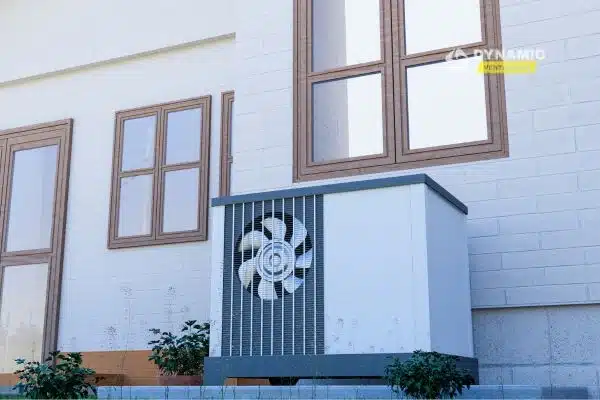
Residential Heating and Cooling – A Complete Guide
Creating a comfortable living environment at home depends greatly on effective heating and cooling systems. Whether you’re facing the heat of summer or the chill of winter, having the right residential heating and cooling setup ensures not only comfort but also energy efficiency, cost savings, and healthier indoor air quality. This guide will walk you through everything you need to know about residential heating and cooling systems, including their types, benefits, and tips for choosing the right solution.
What is Residential Heating and Cooling?
Systems installed in homes to control internal temperature and ensure year-round comfort are referred to as residential heating and conditioning systems. Heating systems keep your house warm during cold seasons, while cooling systems provide relief during hot weather. Many modern solutions combine both functions, making them versatile and cost-efficient.
Types of Residential Heating Systems
1. Furnaces
- Operate on gas, oil, or electricity.
- Distribute heat through ducts.
- Reliable for cold climates.
2. Boilers
- Use water or steam to provide radiant heat.
- More common in older homes.
- Efficient but may require more space.
3. Heat Pumps
- Functions as an air conditioner and heater.
- Move heat instead of generating it, reducing energy use.
- Ideal for moderate climates.
4. Radiant Heating
- Installed under floors, walls, or ceilings.
- Provides even and consistent warmth.
- Offers improved comfort but may cost more initially.
Types of Residential Cooling Systems
1. Central Air Conditioning
- Distributes cool air throughout the house via ductwork.
- Provides consistent cooling.
- Works best in larger homes.
2. Ductless Mini-Split Systems
- No ductwork required.
- Each unit cools specific rooms.
- Great for energy savings and flexibility.
3. Window and Portable Units
- Compact and affordable.
- Suitable for small spaces or apartments.
- Less efficient compared to central systems.
4. Evaporative Coolers (Swamp Coolers)
- Add moisture while cooling.
- Best for dry climates.
- Energy-efficient but not suitable for humid areas.
Benefits of Modern Heating and Cooling Systems
- Energy Efficiency – Advanced systems consume less energy, lowering utility bills.
- Comfort Control – Consistent indoor temperature year-round.
- Air Quality Improvement – Filtration systems remove dust, allergens, and pollutants.
- Smart Integration – Programmable thermostats and smart controls optimize usage.
- Property Value – Upgraded HVAC systems increase home value.
Factors to Consider Before Choosing a System
- Climate – Select a system that suits your local weather conditions.
- Home Size – Larger homes may require central systems, while smaller ones can benefit from ductless options.
- Seek out SEER (cooling) and AFUE (heating) ratings for energy efficiency.
- Budget – Factor in both upfront costs and long-term savings.
- Maintenance Needs – Choose systems that are easy to maintain and service.
Energy-Efficiency Features to Look For
- Programmable thermostats for scheduled usage.
- Zoned heating and cooling for room-specific control.
- Variable-speed motors for consistent airflow.
- High-efficiency filters that improve indoor air quality.
Maintenance Tips for Longevity
- Replace or clean air filters regularly.
- Schedule professional inspections at least once a year.
- Keep outdoor units free from dirt and debris.
- Seal ductwork to prevent energy loss.
- Monitor thermostat settings to reduce unnecessary strain.
Why Professional Installation Matters
Installing heating and cooling systems requires precision. Professional installation ensures:
- Correct sizing for your home.
- Safe and efficient operation.
- Longer lifespan of equipment.
- Warranty protection.
Final Thoughts
Systems for heating and cooling homes are necessary to preserve comfort and the standard of living. From furnaces and heat pumps to central AC and ductless systems, there’s a solution for every home and climate. By investing in energy-efficient, professionally installed systems and keeping up with maintenance, homeowners can enjoy year-round comfort, improved air quality, and reduced energy bills.
Dynamic Ventilation, a trusted name in air movement and ventilation solutions in Dubai, provides high-quality, customized systems designed to keep homes comfortable, efficient, and eco-friendly all year round.


0 comments